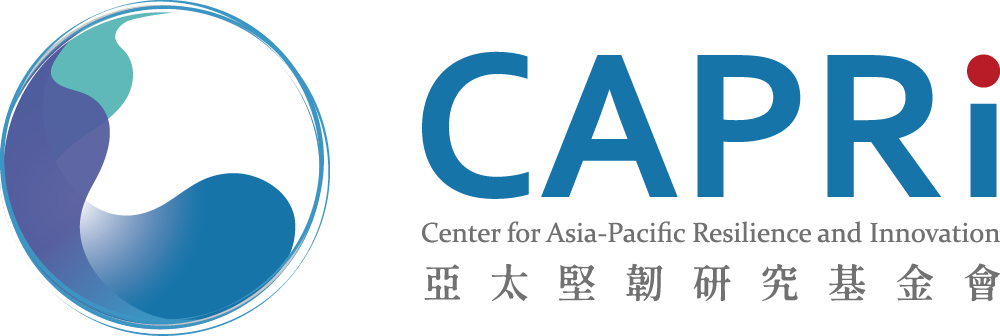Executive Summary
MAIN ARGUMENT
As the US and Chinese economies decouple, Taiwan is navigating challenges posed by strategic competition between two great powers. In an increasingly fragmented global economy, Taiwan shares democratic values and strategic goals with the US. However, US policies aiming to retain technological supremacy over China, especially in the semiconductor sector, lack coordination with Taiwanese and international stakeholders and are hurting Taiwan, whose growth depends on global economic integration, particularly with the Chinese market. This has raised doubts about US leadership within Taiwanese society, which is grappling with domestic challenges to economic resilience amid deepening political polarization. How the US engages with Taiwan will not only shape perceptions of the US but also influence Taiwan’s ability to support US strategic goals in competing with China.
POLICY IMPLICATIONS
- The US must reassess semiconductor reshoring policies, analyze the impact of its export controls and investment restrictions on Taiwan and other partners in Europe and Asia, and offer concrete incentives to ensure ongoing compliance.
- The US must engage Taiwan’s business community, government, and civil society when considering new rules for regional and international economic collaboration to maintain trust and support from Taiwanese society.
- The US must continue supporting Taiwan’s pursuit of deeper regional economic integration and greater international involvement, which remain vital for enhancing Taiwan’s resilience and capacity to contribute to the US-led liberal order.
RELATED RESEARCH
This Strategic Asia 2023 chapter is a follow-on to research published by Syaru Shirley Lin in Strategic Asia 2020: U.S.-China Competition for Global Influence. Her 2020 chapter, “How Taiwan’s High-Income Trap Shapes Its Options in the U.S.-China Competition,” analyzed how Taiwan is in a double bind of trying to preserve Taiwanese identity against increasing Chinese pressure while integrating with the Chinese market to address the severe socioeconomic problems of Taiwan’s high-income trap, namely slow growth, increasing inequality, demographic decline, unsustainable entitlements, and political polarization. Other developed countries in the Asia Pacific face similar challenges. Innovative solutions emerging from international mindsets, interdisciplinary research, and close public–private collaboration are needed for Taiwan and the region to overcome these challenges to build resilience.
Read more about the book Strategic Asia 2023: Reshaping Economic Interdependence in the Indo-Pacific




